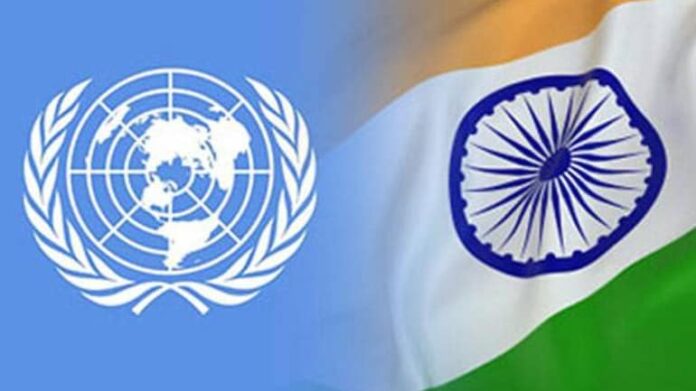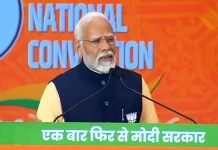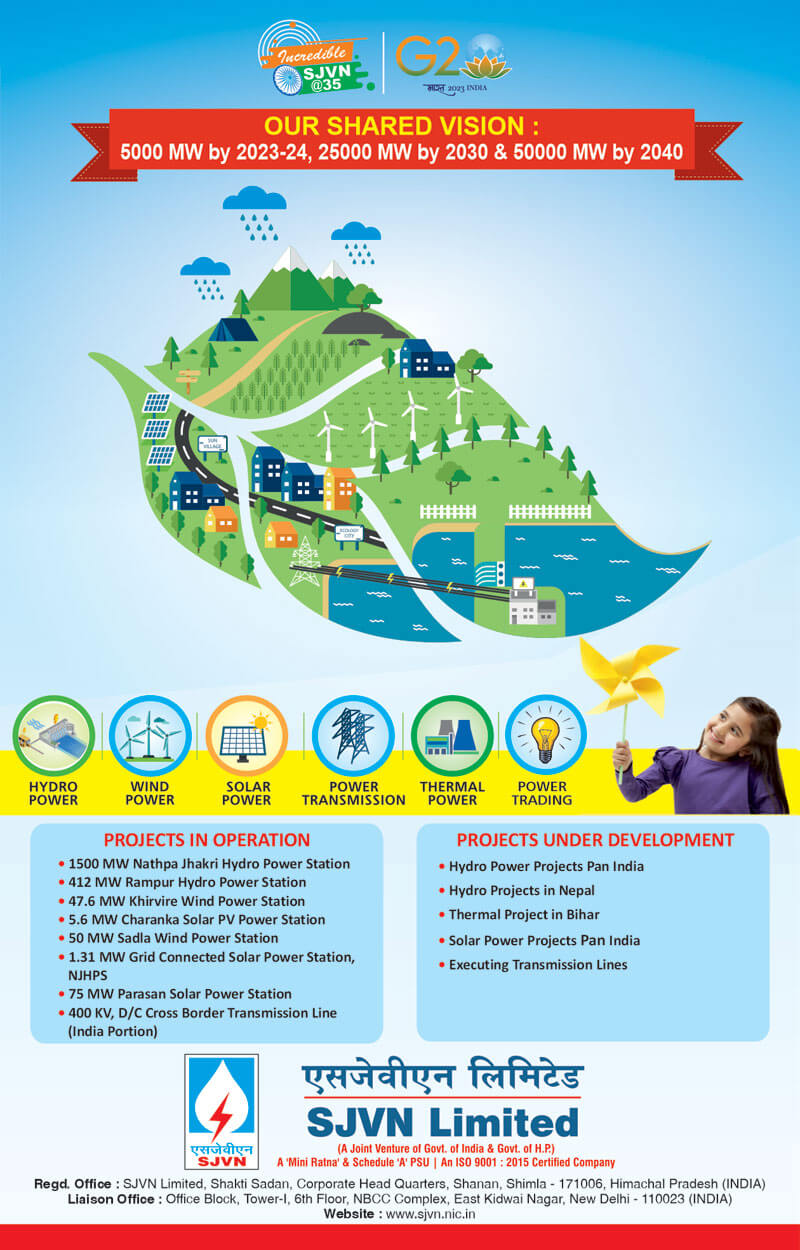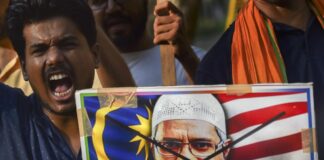While Pakistan always tried to establish that India and Pakistan (both) approached the United Nations over ‘a dispute about territory’ and projected the accession of Jammu and Kashmir to India as ‘spurious’ to strengthen its case, India’s actual complaint to the UN was for an “act of aggression” by Pakistan against India.
By JK Now
Reacting to India’s call at the UN for permanently removing the issue of J&K under the “outdated agenda item” of the India-Pakistan Question from the Security Council’s agenda early this week, Pakistan’s Foreign Office spokesperson Zahid Hafeez Chaudhari on Saturday said that “India-Pakistan Question will remain on the agenda of UNSC until Kashmiris are granted their inherent right to self-determination through a free and impartial plebiscite under UN auspices as guaranteed to them by relevant UNSC Resolutions”. Pakistan alleged that ‘‘India-Pakistan Question’ is one of the oldest items on UNSC agenda. The Question remains on the agenda since India has never implemented UNSC Resolutions on J&K dispute and India continues to deny Kashmiris inalienable right to self-determination enshrined in UNSC Resolutions’. On the contrary to what Pakistan FO has claimed, Pakistan apparently needs to retrieve from historical facts that no matter how repeatedly it seeks to have a discussion on the issue of J&K in the security council, Pakistan has only been able to bring up the issue informally and in closed-door meetings under what is called “Any Other Business”, a category where literally any item can be brought for discussion by anyone. These meetings have ‘no records’ and there is ‘no outcome’.
India, early this week at the UN called for permanently removing the issue of Jammu and Kashmir under the “outdated agenda item” of the India-Pakistan Question from the Security Council’s agenda saying such “irrational exuberance” has no takers in a dignified world. In a veiled attack on Pakistan, India without naming the country said “there is a delegation that repeatedly attempts to rebrand itself as contributing to international peace, but unfortunately fails to recognise that it is globally known for being the fountainhead of international terror and the hub for terror syndicates.” This delegation (Pakistan) keeps pushing for discussions on an “outdated agenda item” in the Council, which for all matter needs to be removed from the Council’s agenda permanently. Such irrational exuberance has no takers in a dignified world, India said on the report of the Security Council for 2019.
An August 3, 2020 summary statement by the Secretary-General of matters of which the Security Council is seized listed ‘The India-Pakistan Question’ among those items that have not been considered by the Council at a formal meeting during the period from January 1, 2017, to August 1, 2020. Pakistan’s UN envoy Munir Akram had raked up the issue of J&K during a virtual informal meeting of the plenary on the annual report of the Security Council, saying that “the Security Council has been found lacking in implementing its own resolutions and decisions on the situation in J&K and has met just thrice during the last one year to consider the situation.”
The agenda item ‘India-Pakistan Question’ was first taken up by the Council at a formal meeting on January 6, 1948 and was last considered on November 5, 1965. Pakistan backed by its all-weather ally’ China has been repeatedly seeking to have a discussion on the issue of J&K in the Security Council.
India’s Permanent Representative to the UN Ambassador TS Tirumurti told PTI that contrary to what Pakistan may claim, Islamabad has not been successful in trying to put J&K on the UN agenda. He pointed out that contrary to what the Foreign Minister of Pakistan Shah Mehmood Qureshi asserted, there has been no formal meeting of the Security Council on the India-Pakistan issue even once for the past 55 years, let alone three times!
If we go back in history, there is sufficient documentary proof to maintain that it was the Government of India that came to the Security Council in the first instance on 1st Jan 1948 under Article 35 of the Charter of the UN which means that India did not approach UN with a request for drastic action. The provision invoked mentions -“any Member may bring any situation” and the word “situation” means India did not bring a dispute but a situation to the attention of the Security Council -“whose continuance is likely to endanger the maintenance of international peace and security. A situation that exists between India and Pakistan.” However, Pakistan tried to claim through its representative that Pakistan and India approached UN over a ‘dispute of territory’. The representative of Pakistan attempted to convey to the Council the feeling that there was a crisis developing in this matter.
As per the UN Charter, India brought a ‘situation’ in notice of the UN not a ‘dispute about territory’. The ‘situation’ was “aggression by Pakistan” against India which was the only basis and the starting point of the complaint made by India to the UN.
While Pakistan always tried to establish that India and Pakistan (both) approached the United Nations over ‘a dispute about territory’ and projected the accession of Jammu and Kashmir to India as ‘spurious’ to strengthen its case, India’s actual complaint to the UN was for an “act of aggression” by Pakistan against India. In its complaint, the GOI had mentioned “the Government of India requests the Security Council to call upon Pakistan to put an end immediately to the giving of such assistance …which is an act of aggression against India. Thus, the “act of aggression against India” is the crux”.
Although, Pakistan avoided point of Aggression which was the ‘starting point’ for India to approach UN, taking responsibility to highlight it, India warned that if Pakistan took no steps to halt the aggression, India will exercise its right, as a member of UN, to attack Pakistan in self-defence.
As the documentary evidences have it, Pakistan was involved in the act of invasion against India and this had begun by 10 October 1947, i.e., prior to accession of the State to the Union of India:
On 4 Sept, on the basis of a telegraphic report submitted by its Chief of Staff, Major-General Scott, the Kashmir Govt. protested by telegram to the West Punjab Govt. against armed Muslims from Rawalpindi district infiltrating into the State. Protests were also made to the Deputy Commissioner. Two days later there was a marked increase in this activity.
On 13 Sept, a Pakistan Army patrol visited Alibeg and Jatlai, fourteen miles west of Bhimbar, both in the State territory. They are all contained in the diary kept by General Scott. On 17 Sept, (only one month from independence) a band of 400 armed raiders, twelve miles southeast of Ranbirsinghpura drove away herds of cattle belonging to State nationals.
On 18 Sept, when essential supplies were cut, this action of economic blockade was not isolated. Armed gangs entered Kashmir in Palandri (Poonch), across the State border. Thus, by 18 Sept, the invasion had gained momentum. On 28 Sept, hundreds of armed men with service rifles, automatic and spears attached in Kashmir State patrol near Chak Harka. On 30 Sept, hundreds of armed Pathans entered Dhirkot than inside the State territory.
On 3 Oct, the J&K Govt. protested telegraphically to Pakistan against hundreds of armed people from Murree Hills in Pakistan operating in Poonch-part of which is now occupied by Pakistan, part of which is in the other side; it also protested against the essential supplies, including petrol, rice, salt and cloth, being withheld. That is the second violation of the standstill agreement.
On 4 Oct, armed men renewed their activities in the Chirala area and near the Jhelum river and fighting between the raiders and State forces began. The things had reached a state of war. On 10 Oct, two sections of the Pakistan Army followed by an armed gang attacked Pansar village in Jammu. So, on 10 Oct 1947, the invasion began. And here as mentioned in the diary, two sections of the Pakistan Army followed by an armed gang attacked the village. And this item appeared in the Pakistan papers, “The North-West Frontier Province Premier is reported to have announced that fire-arms would be distributed among the people liberally so that all except the ‘enemies of Pakistan’ can have them” (S/PV.762/Add.1, annex 1, No.12).
On 15 Oct 1947, the Maharaja appealed to the British PM through cable about the economic blockade on the State by Pakistan and the beginning of the invasion from Pakistan in Poonch.
Some days later, on 22 Oct, the J&K Prime Minister telegraphed the Prime Minister of the North-West Frontier Province-that is, a province of Pakistan-and the Deputy Commissioner of Rawalpindi, both in West Pakistan, about people armed with modern weapons infiltrating from Hazara and Rawalpindi district in West Pakistan into the State and asked them to stop the infiltration. The invaders continued their progress along with Jhelum Valley road towards Srinagar, these men were resisted only by the national militia, by the local populations. They were not welcomed as liberators. They fought a last-ditch battle; they resisted these people. That was on 22 October.
On 24 Oct, the Maharaja, who was the head of the State, appealed to India for military help.
Article Courtesy : https://www.jammukashmirnow.com/












